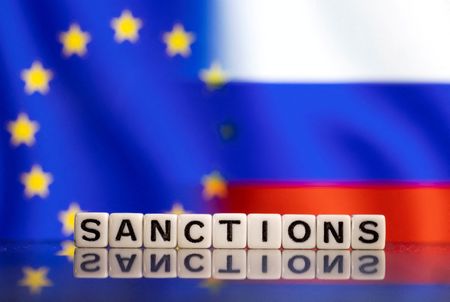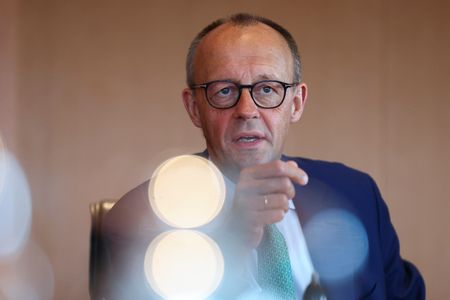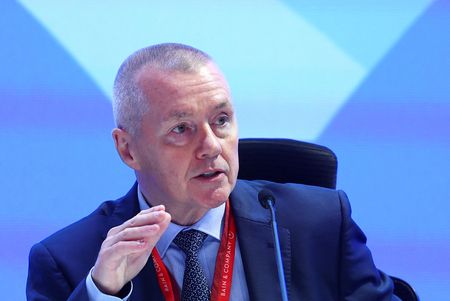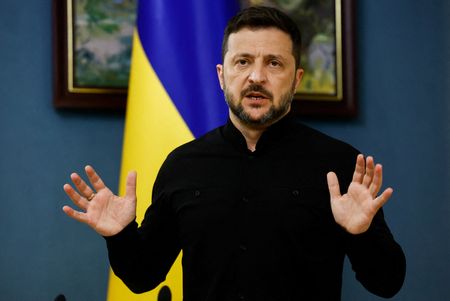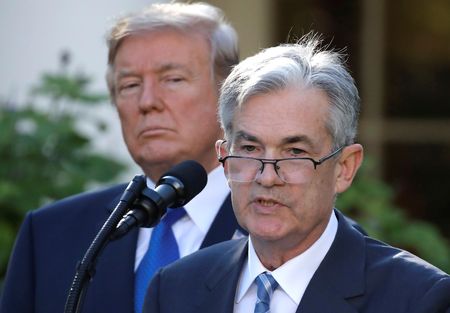By Kate Abnett and Jason Hovet
BRUSSELS (Reuters) -The European Union failed for a second day to approve a new package of sanctions against Russia on Wednesday as Slovakia continued to seek concessions over gas supplies, four EU diplomats told Reuters.
Slovakia vetoed the approval of the sanctions during a meeting of EU countries’ ambassadors, the diplomats familiar with the talks said. Two of the diplomats said Malta had also raised an objection.
Slovakia’s government has said it will not approve the sanctions before the country receives more guarantees that it would not be harmed by a separate EU plan to phase out Russian gas by the end of 2027.
Those phase-out plans need to be approved in the EU by a reinforced majority of countries, meaning Slovakia alone cannot veto them. However, sanctions require unanimity.
“We consider this (Russian energy phase-out) proposal to be a sanction and therefore naturally link it to the proposal for the … package of sanctions,” Fico said, in a letter to European Commission President Ursula von der Leyen released by his office on Wednesday.
“We therefore expect that the vote on the 18th package can only take place after a substantial part of the risks… in the area of gas supplies from 2028 have been resolved.”
The sanctions would be the EU’s 18th package of such measures against Russia over its 2022 full-scale invasion of Ukraine.
The Commission, the EU’s executive arm, had sought to win Slovakia’s support on Tuesday in a letter saying it would work to address its concerns.
Fico, in his reply, said talks should continue in order to clarify commitments the Commission would undertake.
Slovakia continues to import Russian energy and often takes pro-Russian views on Ukraine.
It argues that quitting Russian gas could cause shortages, raise prices and transit fees, and lead to damage claims from Russian supplier Gazprom.
Fico said on Tuesday the best solution would be an exemption in the Russian energy phase-out for Slovakia to allow it to fulfill its contract running until 2034.
(Reporting by Kate Abnett, Andrew Gray, Jason Hovet; Editing by GV De Clercq and Aidan Lewis)

